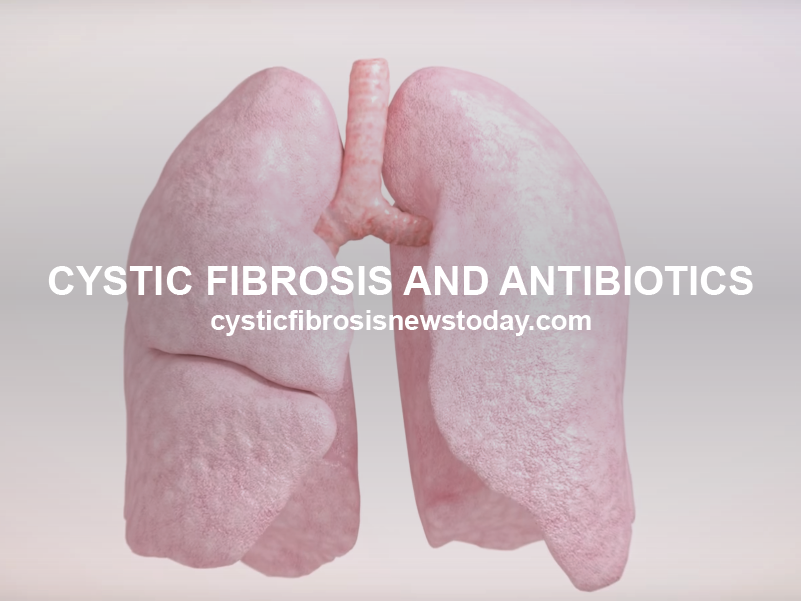Targeted Antibiotics Focus of New Cystic Fibrosis Study
Written by |

A new study entitled “Lung Microbiota Changes Associated with Chronic Pseudomonas aeruginosa Lung Infection and the Impact of Intravenous Colistimethate Sodium,” published in the PLOS One journal, highlights the potentially positive impact of intravenous antibiotic colistimethate sodium in the proportion of Pseudomonadales relative to other Gram-negative bacteria in infected sheep. The findings could eventually lead to improved use of antibiotics in treating the most prevalent species of bacteria in CF.
In cystic fibrosis, there is gradual decline of pulmonary function that is interlaced with periods of severe deterioration of respiratory symptoms known as pulmonary exacerbations (PEs). Antibiotics are the standard treatment for these exacerbations, usually leading to an improvement in lung function and reduced abundance of P. aeruginosa. Although these observations seem to suggest that P. aeruginosa may contribute to the pathogenesis of exacerbations, other research findings suggest that this is probably not the case.
In this new study, the research team used a recently developed lung segmental model of chronic Pseudomonas infection in sheep to investigate the lung microbiota changes associated with chronic P. aeruginosa lung infection and the impact of systemic therapy with the antibiotic colistimethate sodium (CMS), which is sometimes used to treat Pseudomonas aeruginosa infections in cystic fibrosis patients. The researchers collected lung samples from eight sheep before and 14 days after the establishment of chronic local lung infection with P. aeruginosa. Samples were taken from both directly-infected lung segments (direct) and segments spatially distant from the infection site (remote). They treated four sheep with CMS and four sheep with placebo by daily intravenous injection between days seven and 14. They performed necropsy and lung pathology at day 14 to confirm the presence of chronic local lung infection.
The researchers found that the lung microbiota communities before infection were Bacillales, Actinomycetales and Clostridiales. They observed that lung microbiota samples removed from the same lung shared more similarities while there was a significant heterogeneity in the lung microbiota samples within and between different animals.
After infection, Pseudomonadales, which includes the Pseudomonas species, was the most prevalent order among lung microbiota communities, but this was not uniformly consistent in the directly infected or remote lung segments.
Importantly, the researchers found that treatment with CMS did not have a significant impact on microbial community composition after infection. However, in the treated sheep group there was a significant decrease in the relative proportion of Gram-negative organisms, excluding Pseudomonadales, if considered collectively as a group.
Overall, the study authors concluded that “The proportional increase in Pseudomonadales relative to other Gram-negative bacteria in the lungs of sheep treated with systemic CMS highlights the potential for such therapies to inadvertently select or create a niche for bacteria seeding from a persistent source of chronic infection.”






